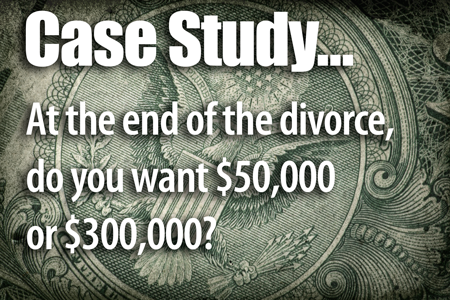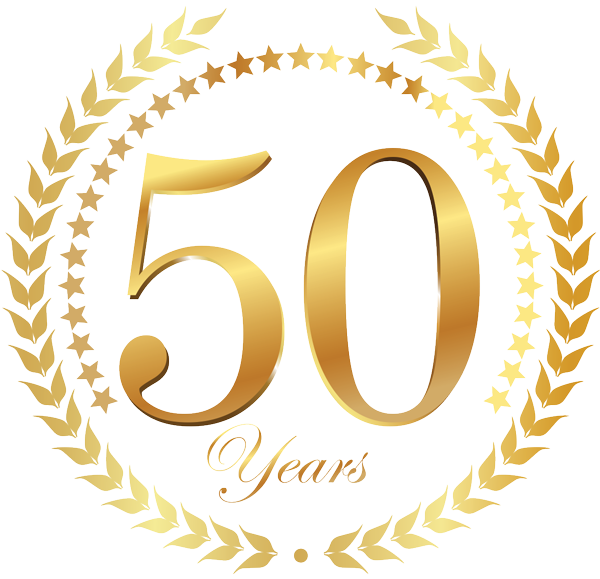 In many marital situations, the closely-held business or professional practice is the most valuable asset of the marital estate. Often times the party without knowledge of the closely-held business or professional practice will have a belief the value is either lower than it is or much higher than it really is. Therefore, the valuator must educate the client regarding business valuation for divorce.
In many marital situations, the closely-held business or professional practice is the most valuable asset of the marital estate. Often times the party without knowledge of the closely-held business or professional practice will have a belief the value is either lower than it is or much higher than it really is. Therefore, the valuator must educate the client regarding business valuation for divorce.
The generally recognized standard is Fair Market Value which is defined in Treas. Reg. 20.2031-1(b) as:
The price property would change hands between a willing buyer and a willing seller, neither under any compulsion to buy or sell and both having knowledge of relevant facts.
There are three basic methods of valuing a business or professional practice. They are as follows:
1. Asset Method,
2. Income Method and
3. The Market Method.
The Asset Method – with this method, the business or practice is valued based on the fair market value of the assets less debt. In this case, there is no goodwill attributed to the business or practice.
The Income Method – with this method, the income or cash flow of the business or professional practice is the basis for valuation. The income is adjusted to eliminate nonessential expenses, such as personal expenses, personal travel, nonessential employees, such as children on the payroll and any other nonessential expenses charged to the business. The normalized income is then capitalized by a rate of return to determine the fair market value of the business.
The Market Method – with this method, the metrics used to determine the value of those sales based upon prior sales of similar businesses. The metrics are then applied to the business or professional practice being valued.
Within these three methods are a number of variables that the valuator will review for other adjustments.
A significant distinction between the valuation for divorce and a valuation for any other reason is the concept of personal goodwill and commercial goodwill. Commercial goodwill is the established reputation of a business regarded as a quantifiable asset and represents the price paid above net tangible assets and is attributable the business reputation, location, and other factors which make a business worth more than just the value of assets. Personal goodwill is attributable to the individual due to his reputation, skill and customer or patient loyalty. Personal goodwill usually deals with a professional practice and is the separate property of the professional and not divisible in a divorce.
The other items that may have a significant impact on value are discounts, which decrease the business or profession practice. The valuation process is based on the assumption the business or professional practice is valued for a hypothetical buyer.
Discount for lack of marketability – This discount is based on the assumption it takes time to sell and convert to a liquid asset. These discounts normally range from a very low percent to 30% or 40% depending on the nature of the business or professional practice.
Discount for minority interest – If the spouse owns less than 50% then the spouse has a non-controlling interest in the business or professional practice. A minority interest is worth less than a controlling interest. The amount of the discount is based on the judgment of the valuator.
Case Scenario:
When a divorce occurred between a doctor and his wife, it became evident that a business or professional practice valuation would have a positive impact on the community estate. During the lead up to the divorce, the wife’s attorney felt the value of the practice would only be the value of assets, since the rest of the value of the practice would be attributed to the doctor’s personal goodwill. If correct, the asset value of the practice would have been $50,000. However, with the employment of a professional business valuator and a visit to the practice, it was determined that the doctor employed four Physician’s Assistants who treated 90% of the patients. Since the patients in many cases requested the Physician’s Assistants and did not see the doctor, the situation created commercial goodwill and the practice value increased to $300,000. The increase in value was considered commercial income, which allowed for the use of the income method of valuation. Therefore, the value of the community estate increased by $250,000 and the client was happy.
Sage Investigations LLC specialized in valuing businesses and professional practices with over 50+ years of experience following money. Sage helps develop the full picture of the financial aspects of the case to help structure financial future of your client. Learn more about the services and assistance provided by Sage. Contact retired Internal Revenue Service Special Agent Edmond J. Martin, Chief Investigator at Sage Investigations, LLC at edmartin@sageinvestigations.com website: www.sageinvestigations.com or call 512-659-3179. Thanks to Kenneth Huff, CPA for his input on this article.
NOTE: Please be advised that Sage Investigations, LLC, Edmond J. Martin, CFE and Kenneth Huff, CPA are not attorneys and this article is not intended to provide legal advice.


 Call
Call